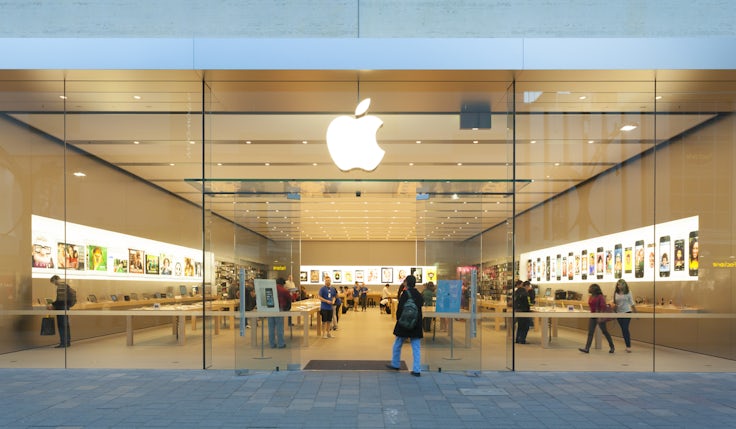The loudest voice will win war of emotions
 It’s often said, usually by disgruntled ex-ministers, that the media is the real opposition party of our time. That’s to give journalists too much credit, and to underplay the less examined role of the lobbyist and single issue group.
It’s often said, usually by disgruntled ex-ministers, that the media is the real opposition party of our time. That’s to give journalists too much credit, and to underplay the less examined role of the lobbyist and single issue group.
These ginger groups owe allegiance only to their chosen issue and their backers; they are unshackled by the formalities of power; and, unlike many politicians, their reach can be frighteningly transnational and cross-constituency in its appeal.
What has long affected Westminster policy making is now becoming increasingly worrisome to business. And no more so than in the advertising and communications sector, where the existing trade bodies, partly but only partly through a lack of intra-industry co-ordination, are finding themselves outgunned and outmanoeuvred by a highly professional “enemy” which knows how to seize all the moral high ground in advance.
The current fronts are alcohol abuse and obesity, but the industry knows that if it gives serious ground, other positions will be overrun by the domino effect. The war, as opposed to the battle, is about the freedom to communicate, without unreasonable ideological impediment, the advantages of products and services to their market. Note “advantages” rather than “virtues”. Efficient communication is a necessary part of an effective market economy, but it does not come shorn of moral and social responsibility (as some businessmen would like to assume). Single issue groups have, in fact, every right to present the moral dimension as they see it: that’s what they were set up to do.
The danger is, though, that the generic communication vehicle (call it advertising for argument’s sake), as well as the particular purpose it is being bent towards, becomes discredited in an emotional debate that circumvents industry practitioners by appealing directly to the public and their political representatives.
A good case in point is Alcohol Concern’s call, this week, for further restrictions on TV advertising. In the charity’s view, the restrictions introduced only two years ago were a fudge that has done nothing to stem under-age drinking. And it has produced a report – Not in Front of the Children – which purports to prove (and possibly does) that exposure to advertising under the 20% rule that allows ads to be broadcast in certain programmes at any time of the day does indeed influence under-age drinking. Its trump card will be Department of Health figures for 2006, out later this week, which will demonstrate that consumption has gone up among 11 to 15-year-olds.
An open and shut case, then? Not exactly. True advertisers do themselves no favours by falling back on such hoary arguments as: “We’re only changing brand preferences” (see tobacco advertising passim). But let’s face it, restricting ads to post-watershed slots, as Alcohol Concern would wish, is not going to stop teenage drinking (and related delinquency) or even make a significant dent in consumption. The social problem is too widespread for that, and advertising’s responsibility – to the extent it has one – ancillary. On the other hand, advertising is an easy scapegoat for those who would otherwise have to make some difficult decisions with no reassuring finality to them – parents and politicians among them.
The case for the defence is being poorly made by the industry. Its trade bodies need to get together a bit more often and shout it from the rooftops.
Stuart Smith, Editor



